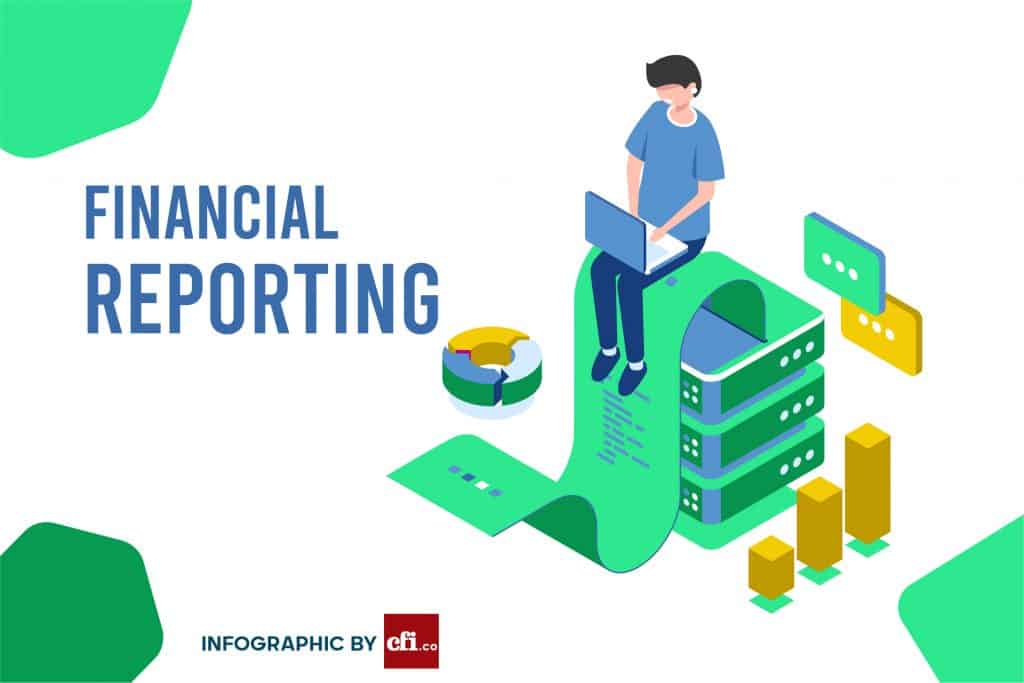4 November 2019
The increasing global movement of people and businesses is driving the significant growing demand for international tax advice.
The observations come from deVere Tax Consultancy, part of deVere Group, one of the world’s largest independent financial advisory organisations, which operates in more than 100 countries.
The world is currently experiencing the highest levels of movement on record.
According to the International Organization of Migration, the leading inter-governmental agency in the field, approximately 258 million people – or one in every 30 – were living outside their country of origin in 2017.
That is both a record high – and a number that has beaten all expectations. Indeed, a 2003 projection anticipated that by 2050, there would be around 230 million based outside their birth nation. But the latest projection has been dramatically revised upwards – there will be more than 405 million living away from their country of birth by 2050.
James Green, divisional manager at deVere Group, observes: “We’ve noted a year-on-year increase in international tax advice enquiries of more than a third.
“This can be attributed, we believe, to three key factors.
“First, is the increasing movement of people. Whether driven by geopolitical, work or lifestyle reasons, more and more individuals are on the move around the world.
“In addition – and despite the rhetoric of some populist politicians – globalisation in the world of trade and commerce is here to stay and is, if anything, gaining momentum as it encourages economic growth, creates jobs, makes firms more competitive, and lowers prices for consumers.
“Second, since the global financial crisis both individuals and companies have become more financially literate and aware of the importance of specialist financial advice, especially when it comes to cross-border affairs.
“And third, the reporting and tax filing requirements are increasing in most jurisdictions. For instance – and this is just one example – in the U.S. where the Foreign Account Tax Compliance Act, or FATCA, is almost universally recognised as being burdensome, onerous and complex.”
Director of deVere Tax Consultancy, Mitch Young, notes: “The enquiries are coming from both internationally-mobile individuals and firms who are seeking advice on compliant and up-to-date tax filing, residency issues, inheritance tax, self-assessment, property tax structuring and disclosures, national insurance contributions, trusts and wills.
“Due to this considerable surge in demand for our services we have recruited more senior tax consultants, account managers and in-house barrister intermediaries.
“We have also launched our first tax apprenticeship scheme to find and train the top tax talent of the future. In addition, we’re in the process of building an international tax network to meet the needs and expectations of our clients.”
James Green concludes: “The demand for international tax advice is set to grow further still as the world becomes increasingly globalised and as the cross-border regulatory landscapes continue to evolve – and at a faster pace.”









